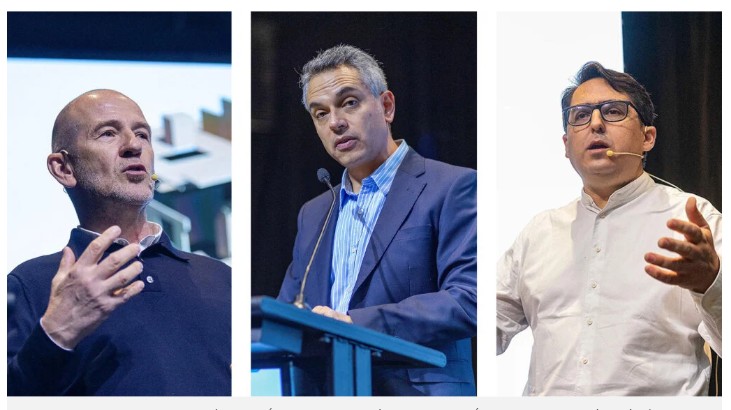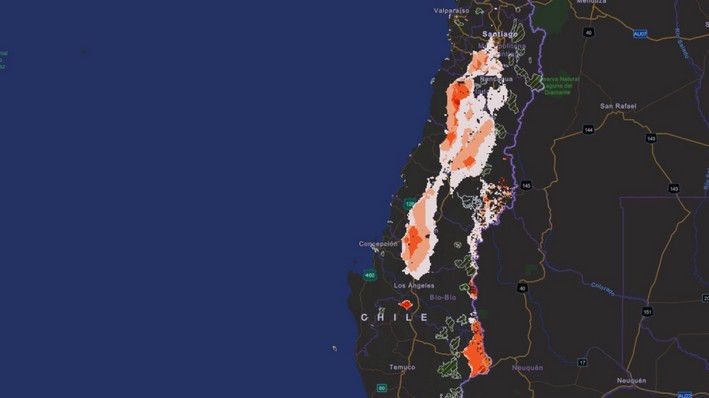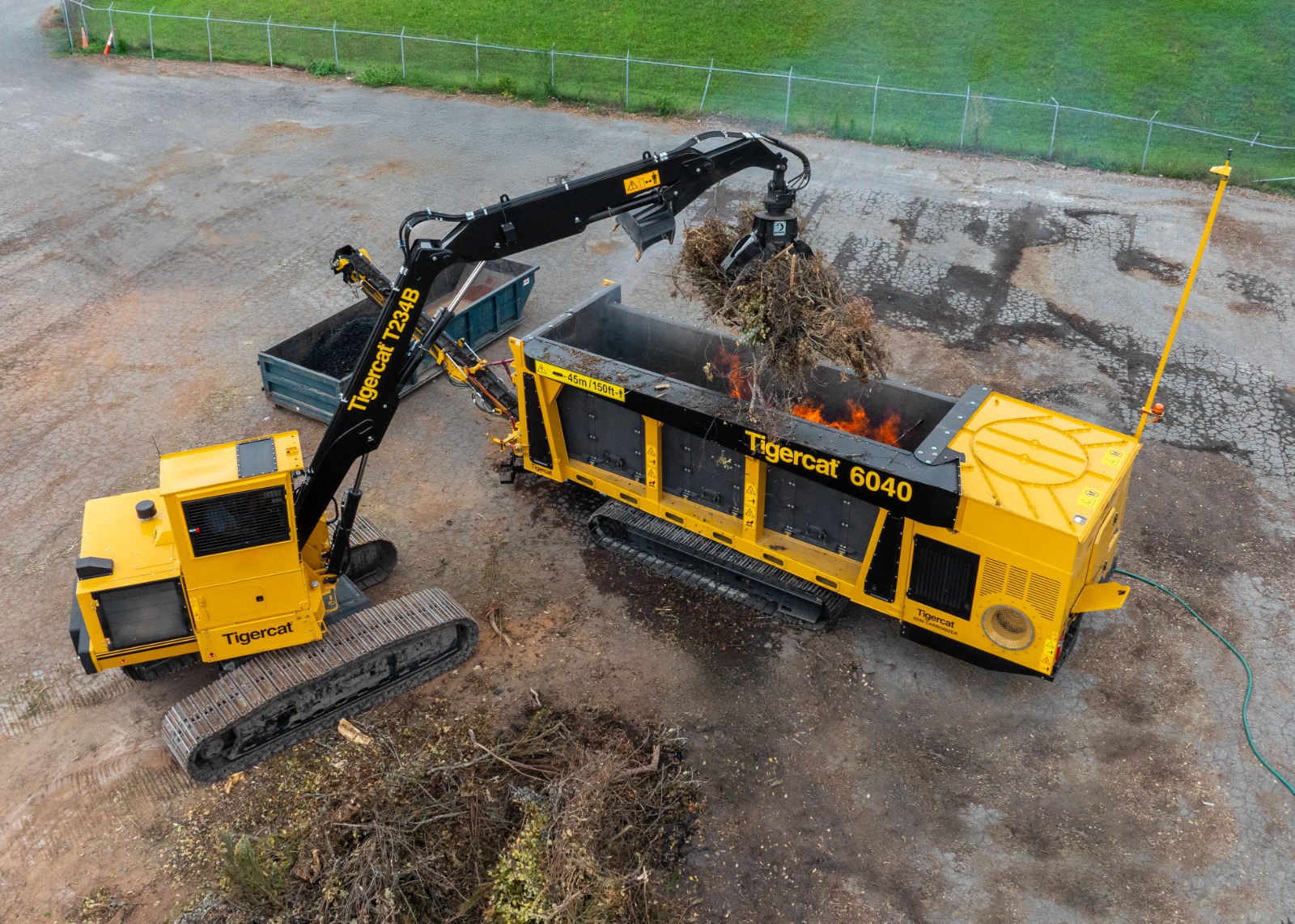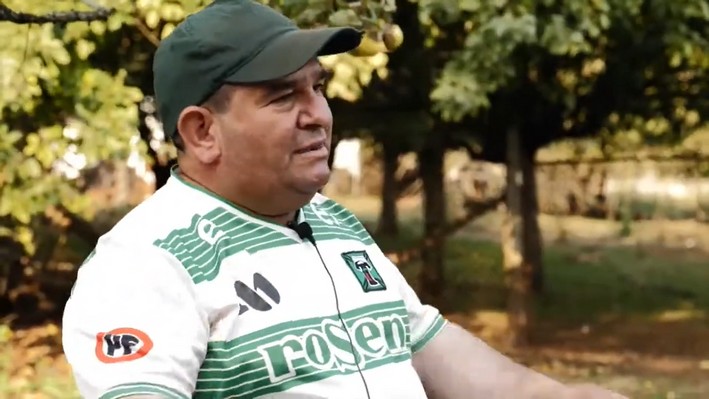With the goal of promoting more efficient, sustainable construction methods aligned with the country's housing and climate challenges, the international meeting "Implementing Modern Methods of Sustainable Timber Construction" took place this week. The initiative seeks to advance construction industrialization using renewable materials and enhance the strategic use of timber.
The event was held on Tuesday, June 10, and Wednesday, June 11, at the Mitrinco Event Center in San Pedro de la Paz. It brought together experts from the UK, Costa Rica, Uruguay, and Chile, who participated in keynote speeches, practical workshops, and networking sessions.
The activity was organized by Madera21 of the Chilean Wood Corporation (Corma) with support from the "Viraliza" program of the Production Development Corporation (Corfo). It is part of the strategic program "Modern Methods of Sustainable Timber Construction," which aims to position wood as an alternative to address the housing deficit and climate crisis.
TIMBER IN THE FACE OF THE CLIMATE CRISIS
Andrew Waugh, a British architect renowned worldwide for his high-rise designs using cross-laminated timber (CLT), was one of the keynote speakers. His presentation focused on the urgency of rethinking construction systems amid the global climate crisis.
"The reason we work with timber is climate change. All these storms, hurricanes, heatwaves... what used to be exceptional is now normal," Waugh stated.
Therefore, he added, architects must "consider our work and its environmental impact. Timber is a renewable resource, a material we can cultivate that captures carbon."
Sebastián Hernández, a Chilean architect based in Germany and Director of Development & Research at Gumpp & Maier GmbH, complemented this view by highlighting Chile's potential, especially in rural areas.
"The industry here is much more developed than we think. In towns like Florida, prefabricated house ads are everywhere," Hernández noted.
For the specialist, the path is clear: "Integrate this industry with large-scale operations, working with local resources, culture, and people."
DRESSING BIOBÍO IN WOOD
Juan Pablo Pereira, President of Madera21 at Corma, emphasized the event as a platform for advancing sustainable solutions. "This meeting not only promotes dialogue and knowledge transfer but also symbolizes the collective commitment to driving sustainable timber construction," he said.
Sergio Giacaman, Regional Governor of Biobío, highlighted the opportunity such meetings represent for a region with strategic resources. "We have a housing deficit. We don’t have steel, but we do have timber," he remarked.
Consequently, he called for positioning timber construction as "a development hub for the macro-region from Maule to Los Lagos, with its capital in Biobío."
One of the most symbolic statements came from Rodrigo Urrutia, President of Corma's Biomaterials Department, who envisioned an identity-driven future for the region.
"We dream of dressing Biobío in wood: building town halls, libraries, kindergartens, community centers, markets, and even high-rises using a material born in this land," Urrutia stated.
In his view, the region holds strategic advantages over the rest of the country: "Biobío has a unique combination of natural capital, productive capacity, talent development, and innovation in forestry."
INTERNATIONAL PARTICIPATION
In addition to Waugh and Hernández, the event featured presentations by Chilean architect Cazú Zegers, Costa Rican specialist Paula Solís—an expert in robotics applied to construction—and Uruguayan academic Cynthia Brosque, a leader in construction process automation.
All addressed different aspects of a movement seeking to connect the region's forestry tradition with cutting-edge technologies to create high-performance energy solutions.
Biobío 2050: Upcoming Events
The event is part of a pressing theme in the Biobío region, where sustainable timber construction has gained prominence due to its ties to productive development, territorial planning, and addressing the housing deficit.
La Tribuna will continue covering these topics through the Biobío 2050 event series, with the next milestone being the "Timber Construction Forum," scheduled for July 25. This session will delve deeper into local challenges and industry opportunities.
Source:La Tribuna







Comments (0)
No comments yet. Be the first to comment!
Leave a comment